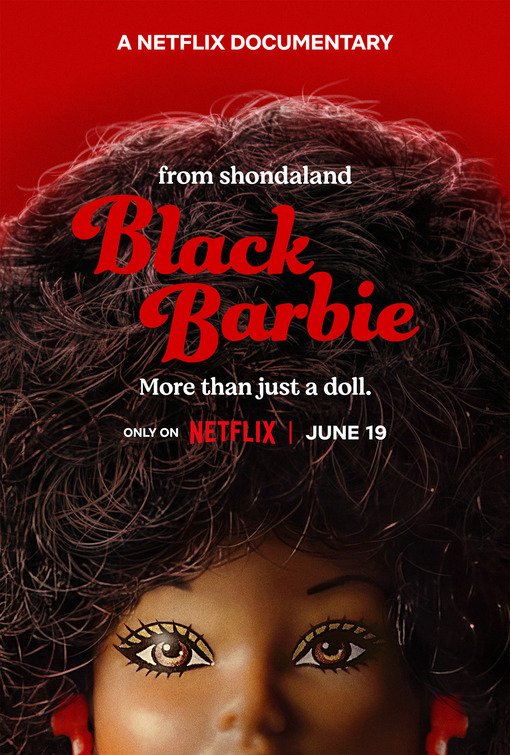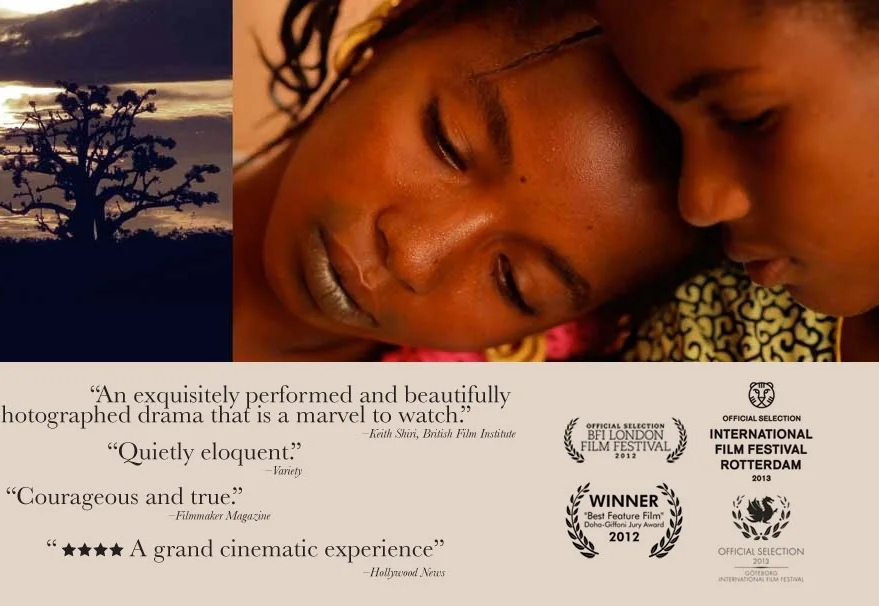Movie Review for the Week: “The Fisherman” (2025): When Fatherhood Becomes a Calling, Not a Choice

Written and Directed by Martins Samuel
Streaming on Prime Video
Introduction
Every so often, a film comes along that does more than entertain, it teaches, confronts, and heals. Martins Samuel’s “The Fisherman” belongs to that rare category. Set against the quiet backdrop of an immigrant fisherman’s life, the film boldly addresses the themes of adoption, identity, fatherhood, trauma, abandonment, faith, and sacrifice. It asks haunting questions: What truly makes a man a father? Is it biology, or is it love, presence, and commitment?
This is not simply a story about Steven, the fisherman with a failing heart, or Tony, the friend unraveling in the face of betrayal. It is, at its core, a reflection of society’s deep wounds where absentee fatherhood, trauma, and loss leave generations adrift. Yet, Samuel insists through his characters that healing is possible when men embrace fatherhood not as a burden but as a divine calling.
Abandoned but Fathered into Purpose
Steven is the emotional anchor of this film. Abandoned by his biological parents as a child because of his weak heart, his life could have been defined by rejection. But his story takes a redemptive turn when he is raised by an adoptive father who embodies the essence of true fatherhood.
This man did not share Steven’s blood, yet he poured his life into Steven’s survival and growth, guiding him, loving him, and even preparing to sell off his properties to fund his son’s life-saving surgery. Through this act of unwavering devotion, the film makes its boldest point: You never stop being a father. Every child; whether biological or adopted deserves a father.
Steven grows into adulthood carrying not bitterness but purpose. Though his heart is failing, he spends his remaining time lifting other men who feel lost; grieving fathers, broken men, and his friend Tony. In doing so, Steven becomes a modern embodiment of the biblical metaphor: a true “fisher of men”.
The Crisis of Fatherhood
While Steven represents sacrifice, Tony embodies confusion and fragility. When he learns that his son is not biologically his, he spirals into turmoil. His sense of identity, his worth as a man, and his role as a father are all shaken.
In one of the film’s most powerful moments, Steven’s father steps in to counsel him:
“You never stop being a father. Every child, whether biological or adopted deserves a father.”
This exchange becomes the film’s heartbeat. It dismantles the cultural misconception that fatherhood is tied solely to genetics. Instead, it reframes it as a lifelong responsibility of presence, nurture, and leadership.
The Broader Themes:
- The Wound of Abandonment: Steven’s early rejection reflects a global crisis of children abandoned physically or emotionally by parents.
- The Redemption of Adoption: His adoptive father proves that family is chosen as much as it is given. Adoption is not second-rate parenthood, it is fatherhood in its purest form.
- Fatherhood as Leadership: Fathers are more than breadwinners. They are leaders, mentors, protectors, and teachers. They shape destinies by inculcating values in their homes.
- Healing for Broken Fathers: Many men in the film represent fathers who feel unworthy, ashamed, or traumatized. Through Steven’s compassion, they discover that restoration is possible.
- Faith as Anchor: The story is laced with spiritual undertones, fatherhood as a calling from God, requiring men to rise above self-interest to embody sacrificial love.
Lessons the Film Leaves Behind
- Fatherhood is not about bloodlines, but lifelines.
- Fathers must accept their children unconditionally.
- Love without limits is the mark of true fatherhood.
- Fathers impart wisdom and values that outlast them.
- Sacrifice defines fatherhood, whether biological or adoptive.
- Absenteeism wounds deeply, but presence heals profoundly.
Conclusion
Martins Samuel has created a parable for a generation longing for restored fathers. The movie is tender yet challenging, heart-wrenching yet healing. It is a must-watch film that redefines fatherhood. It shows us that fathers are not made by blood but by love, sacrifice, presence, and values. This is a story that every father, every son, and every community needs to see.





